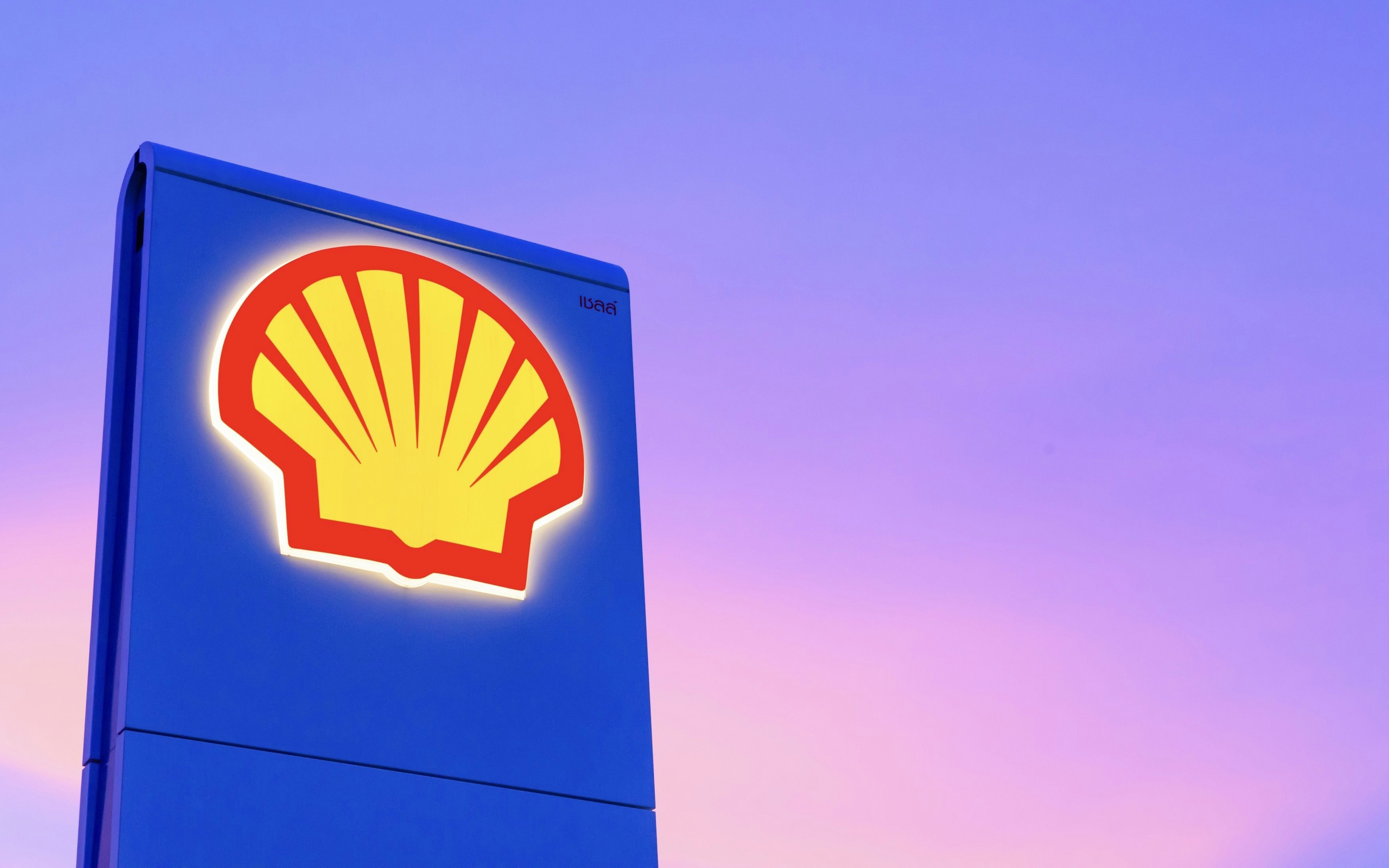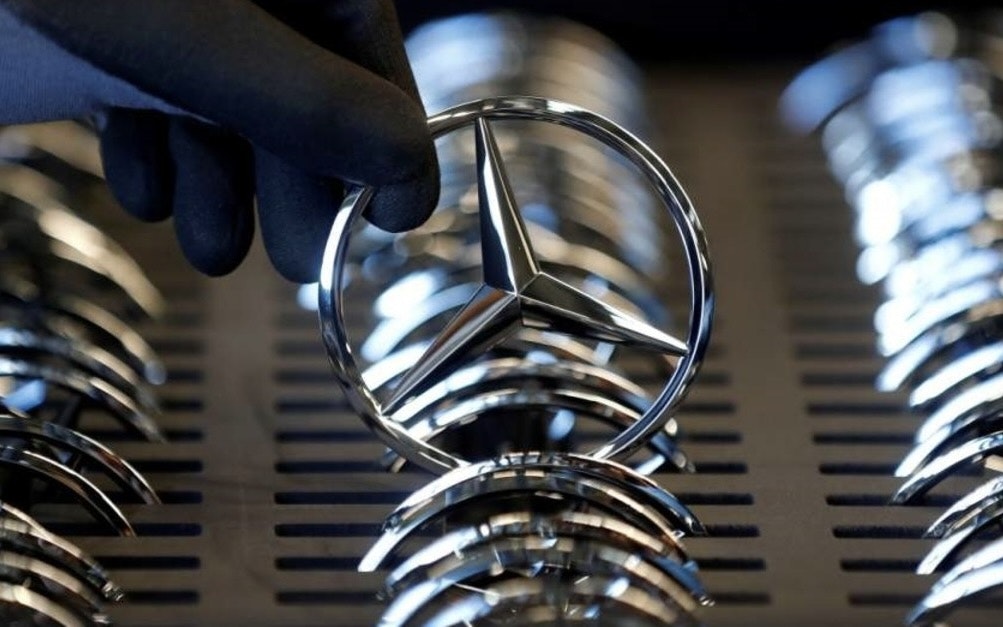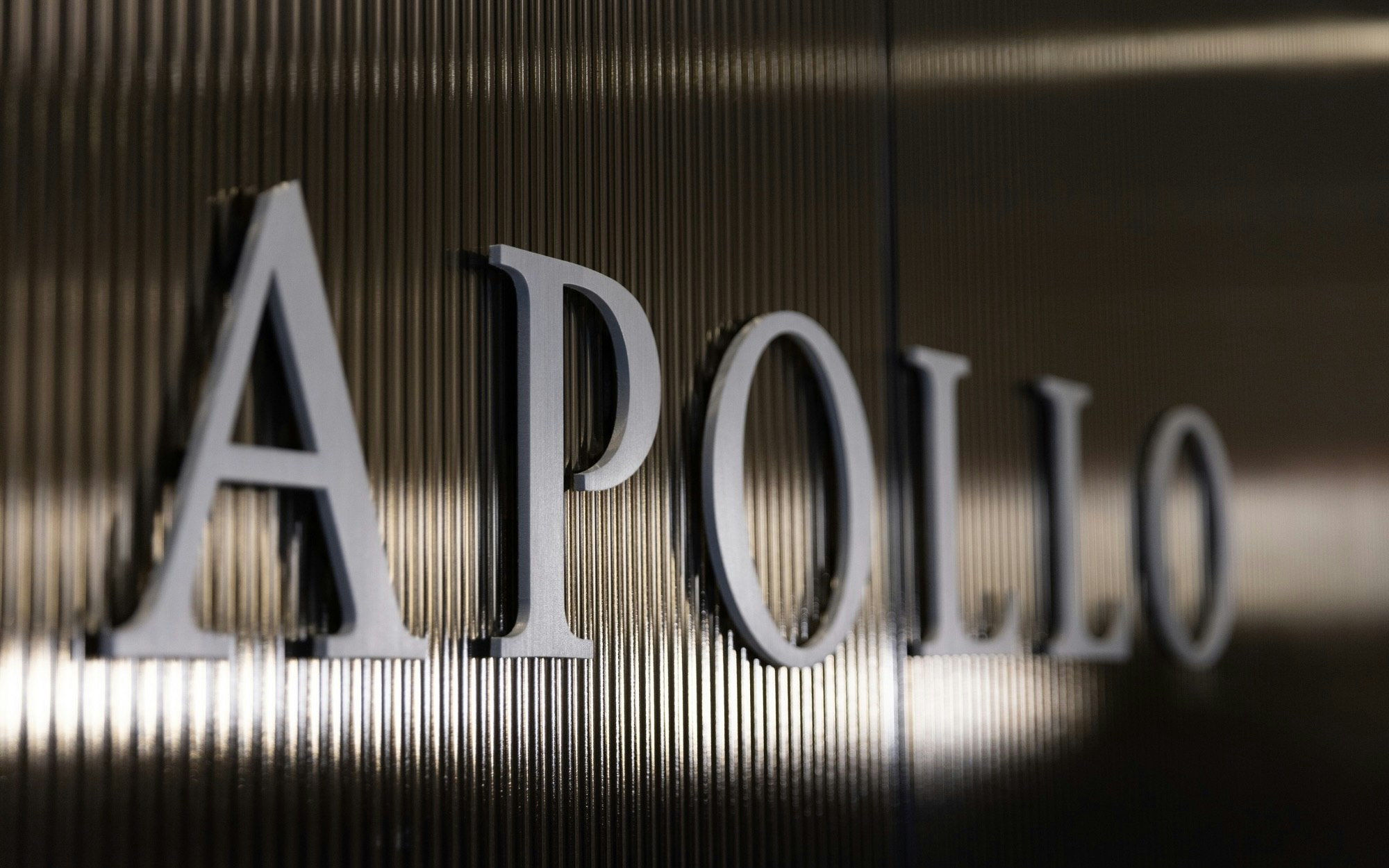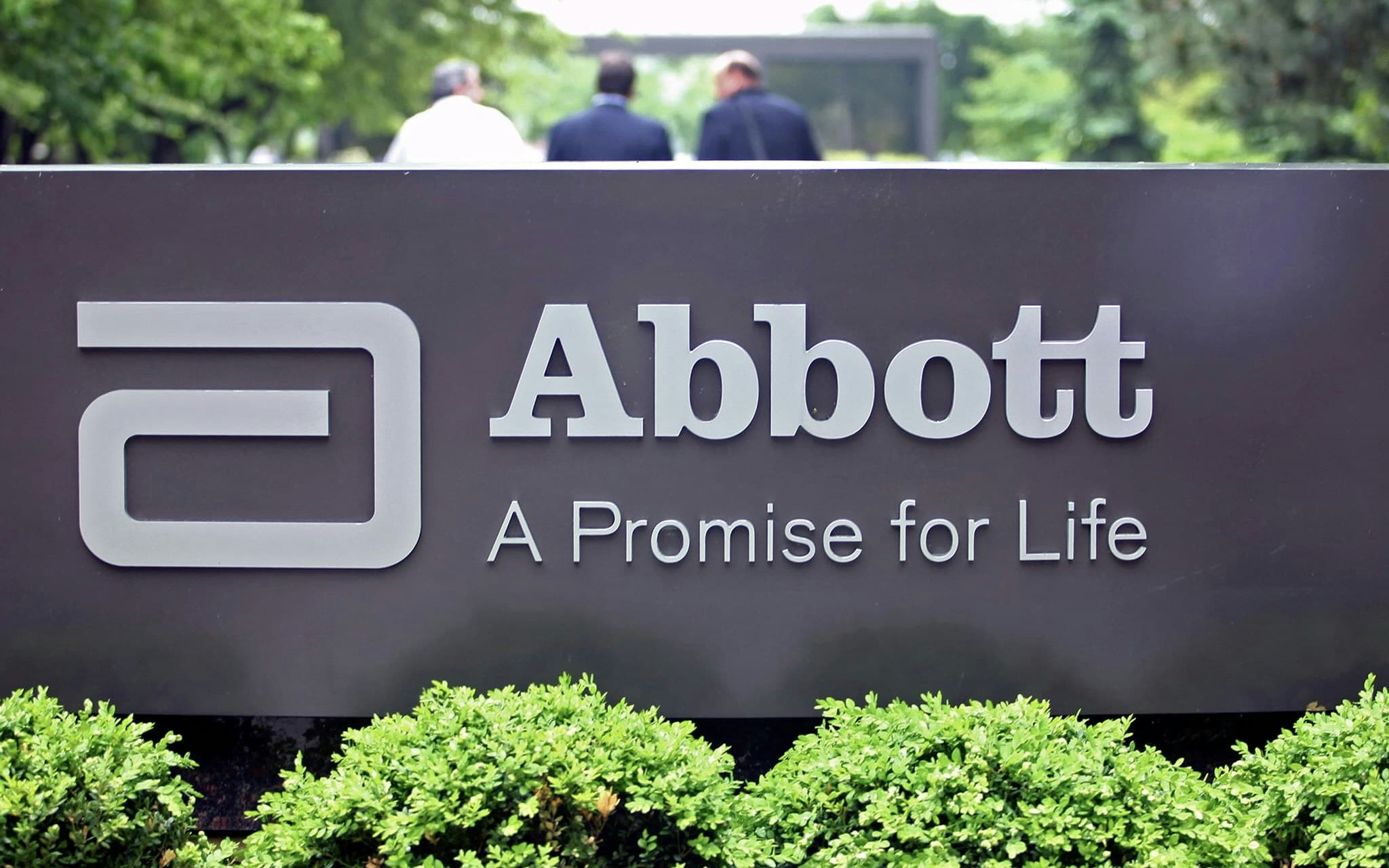Shell has temporarily halted the construction of one of its largest energy transition projects, a massive facility in Rotterdam for converting waste into jet fuel and biodiesel. The facility, which received the green light in 2021, had already fallen behind schedule due to technical difficulties. Originally, production was set to begin in April, but earlier this year Shell announced that the facility would only become operational "in the later part of the decade.
On Tuesday, Shell announced that it must "temporarily pause" operations in order to "optimize project execution and ensure future competitiveness in light of current market conditions." The company declined to provide details on the duration of the delay.
Wael Sawan, CEO of Shell, emphasized the necessity for Shell to become more disciplined and value-oriented. The company will conduct an impairment review for the project and provide an update with the quarterly results in July.
The European biofuel markets are under pressure due to oversupply as companies strive to produce fuels that will be important during the energy transition, even though demand has not yet risen significantly. Shares of the Finnish biofuel specialist Neste have fallen by almost half this year.
Temporarily pausing the construction work on-site allows us to evaluate the most economically sensible approach for the project," said Huibert Vigeveno, Director of Downstream, Renewable Energy, and Energy Systems at Shell. Sustainable fuels remain an "essential component" of Shell's strategy, he added, but the company will invest in a "measured and disciplined manner.
Shell has commissioned the Australian engineering firm Worley to plan the project and the Chinese company Shanghai Yanda Engineering to construct the modules for the facility at their factory in Jiangsu Province.
Biofuels are considered more sustainable than fuels refined from crude oil because the carbon dioxide emitted during their combustion is offset by the carbon dioxide absorbed by the plants during their growth.
The plant in Rotterdam, at the Shell Pernis refinery, was designed to produce approximately 820,000 tons of biofuels annually, split between sustainable aviation fuel and biodiesel, made from used cooking oils and animal fats. It is likely that Shell would have also supplemented the plant with certified sustainable vegetable oils.
In the announcement, Shell stated that the plant would produce enough biodiesel to reduce emissions by 2.8 million tons of carbon dioxide per year, which is equivalent to removing one million cars from the road.










